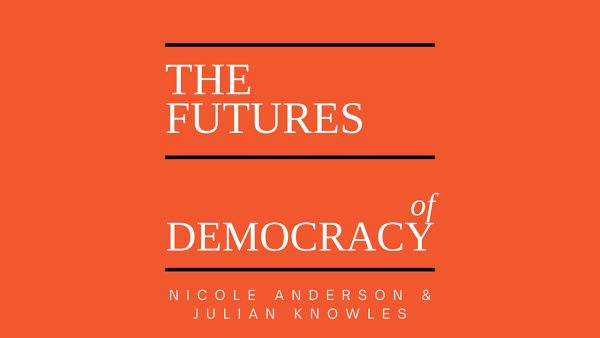
Democracy, Artificial Intelligence, Automated Decision Making
April 18, 2022
“We examined the impact of artificial intelligence on the internet on democracy.“
Nicole Anderson and Julian Knowles host a discussion on the wider context of history, politics, labor and the environment with Kate Crawford, one of the world’s leading experts on the social impacts and politics of artificial intelligence.
Before starting the discussion, Crawford defines the complexities of artificial intelligence within two different lenses: the material definition and the broader political and economic questions relevant to its definition.
According to Crawford, artificial intelligence is machine learning – the theory of training machines to understand complex human systems. Over the decades, machine learning has taken “a statical turn” to train machines to detect patterns.
“We’ve reached a point where machine learning is dominant,” Crawford said. “Essentially, large scale pattern detection.”
The consequences of how artificial intelligence is made and employed in the world are still being analyzed and discussed in the present. Where AI is being employed in the world can have democratic impacts, especially given the surprising number of domains with surprising democratic impacts in themselves.
With AI being used in multiple social domains, Crawford outlined the political impacts in terms of, “who gets access to the best healthcare, who should be released on bail, who should get the job interview,” all due to machine learning and scanning.
Ultimately, AI raises several questions on how people are being represented and interpreted, clouding the notions of transparency and accountability – core values in the democratic process and democratic society.
“AI is being interwoven into all of our social institutions simultaneously, and raises a really real question about how democracy works,” Crawford said.
Democracy is often understood in the way of which people can help their society change and grow, however, AI systems are often uninterpretable in how they reach their results. This represents a very real problem in democracy, particularly when people may disagree with how a decision was reached.











